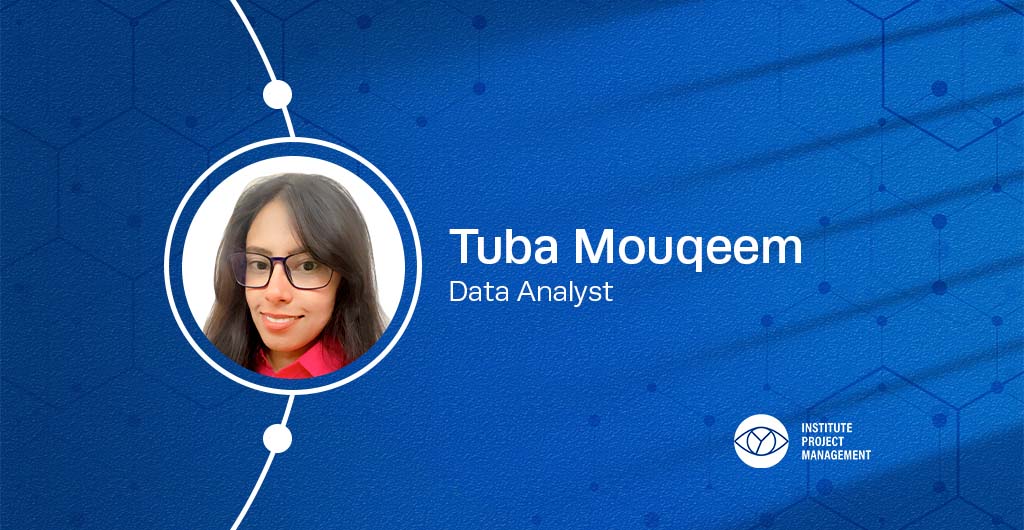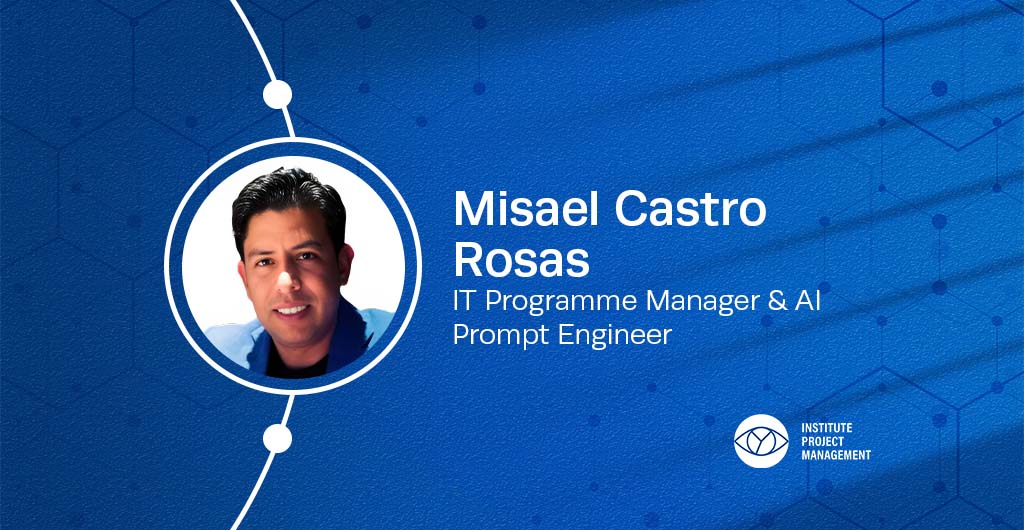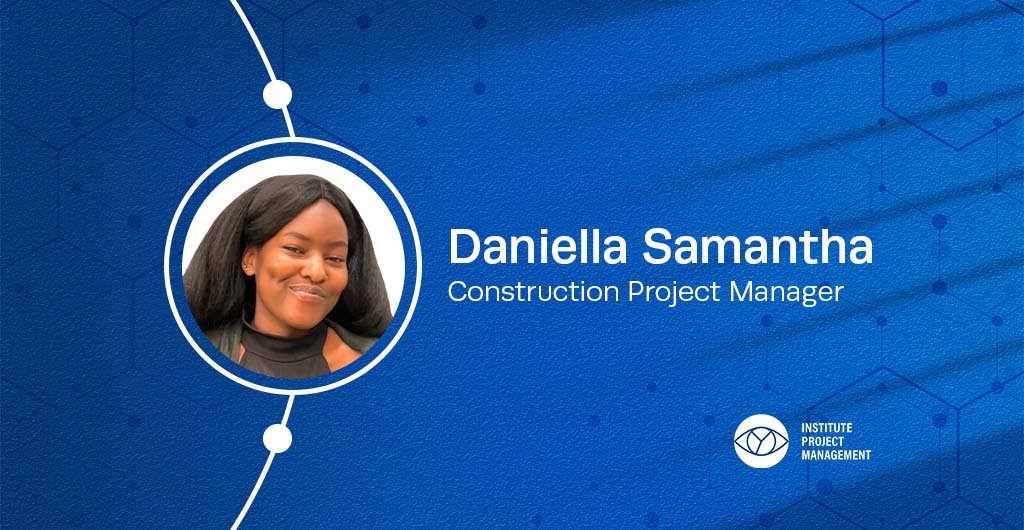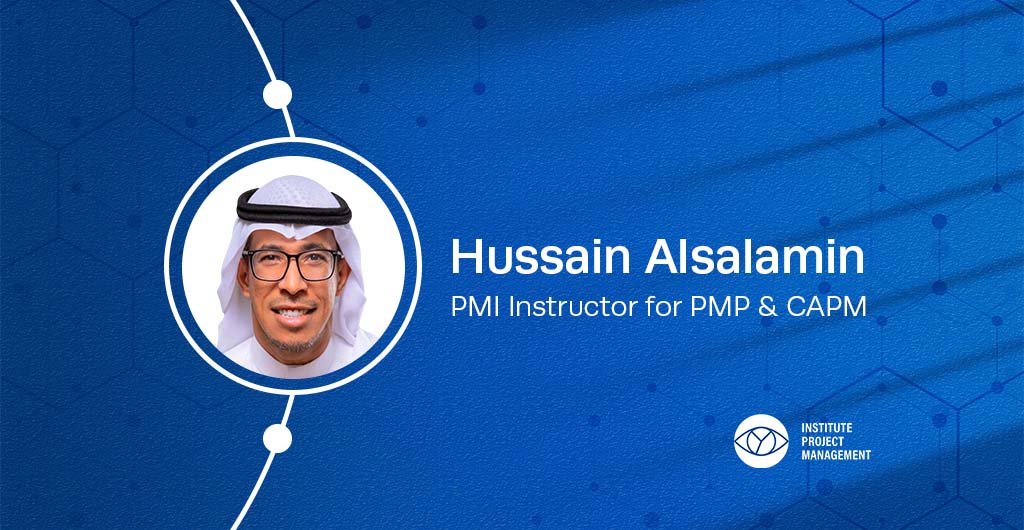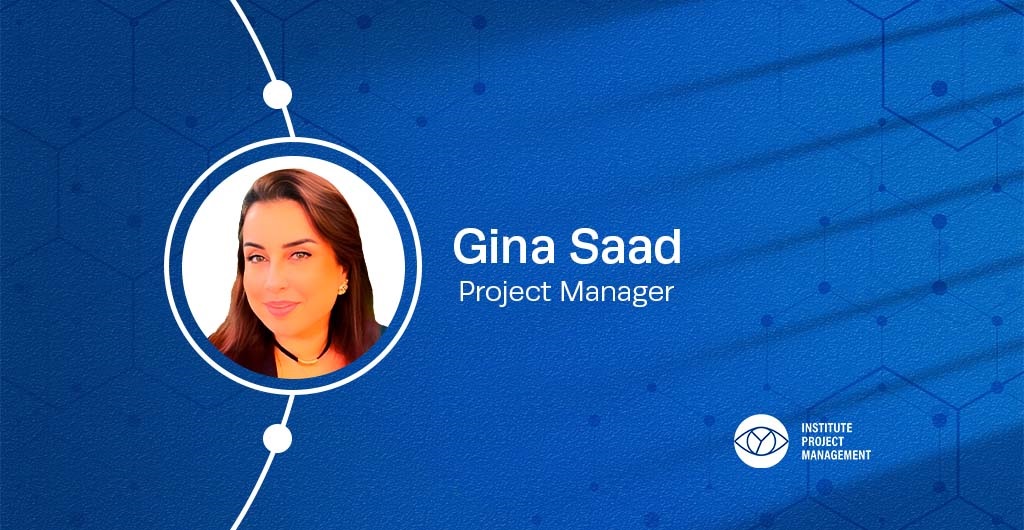Need advice? Call Now, Schedule a Meeting or Contact Us


Speak to an advisor
This article explains the benefits, costs and job prospects of acquiring a project management diploma and advancing your career.

Organisations worldwide increasingly recognise that traditional management approaches often fail to deal with unpredictable challenges. Project management offers a systematic approach to attaining objectives and optimising performance, particularly when facing unforeseen circumstances. By employing effective methodologies and tools, many project failures can be avoided. Mastery in project management can significantly save businesses money, making it a highly valuable skill. In this context, earning a diploma in project management is an important step towards acquiring essential competencies. The latter parts of this article will discuss the various benefits of a project management diploma.
The Certified Project Management Diploma is a comprehensive programme that equips individuals with the knowledge and experience to excel in project management roles. This programme covers budgeting, scheduling, and essential aspects necessary for managing projects from start to finish. It caters to project managers and those new to the field looking to advance their careers. By obtaining a project management diploma, individuals enhance their understanding of project management principles and gain a recognised credential that signifies their expertise.
A project management diploma is relevant across various industries, demonstrating its broad applicability. Professionals in sectors such as IT, construction, healthcare, and finance benefit from the structured approach and methodologies taught in these programmes. According to PMI, by 2027, employers will need almost 88 million professionals with project management-related skills, making project managers highly sought-after globally. In Ireland, project management skills are in high demand, with a significant number of new project management roles needing to be filled by 2027 (PMI, 2017).

The programme covers fundamental project management concepts, providing a solid understanding of the project lifecycle, scope, scheduling, budgeting, and risk management.
Students learn about various project management methodologies such as Scrum, Waterfall, and Agile, along with practical applications of project management tools and software.
Effective communication and leadership are essential in project management. The diploma programme emphasises interpersonal skills, conflict resolution, and leadership development.
Collaboration is vital in project management. Students learn to build and lead project teams, fostering a collaborative and productive working environment.
Employers increasingly value professionals with recognised project management qualifications. A diploma in project management enhances one's marketability and can unlock numerous career advancement opportunities. According to PMI, 51% of organisations prefer certified project managers (PMI, 2021). Potential career paths include:

A project management diploma can lead to higher earnings. According to PMI's Earning Power: Project Management Salary Survey (11th Edition), individuals with a PMP® Certification earn 22% more on average than those without the certification, with some countries seeing a salary differential as high as 32% (PMI, 2021). Additionally, two-thirds of survey respondents reported increased compensation after earning their certification.
Education empowers project managers to make informed decisions, mitigate risks, and ensure project success. Applying learned concepts and strategies directly improves project outcomes and stakeholder satisfaction. Skilled project managers can save companies up to $125,000 per project, compared to $8,000 for low performers (PMI, 2017). Project management training equips individuals with critical resource planning, allocation, and optimisation skills, ensuring projects have the resources to meet objectives efficiently. Effective communication is also crucial; poor communication can lead to significant losses. PMI highlights that 71% of managers view effective communication as the most critical factor for project success (PMI, 2013). Standardised risk management practices significantly contribute to project success, with 27% of organisations employing such practices (PMI, 2021).
A Diploma in Project Management duration varies depending on the programme and institution. While some programmes span a few months, others extend over a year, accommodating different learning paces and schedules. Institutions may offer flexible options such as part-time or online to cater to working professionals balancing studies with professional commitments. The Institute of Project Management (IPM) provides a Certified Project Management Diploma that can be completed in 42 hours, allowing students 24 weeks to finish the course at their own pace.
Several options exist when considering project management certifications, each tailored to different career objectives and methodologies. Among the most renowned certifications are:
Choosing a project management diploma can lead to professional growth and advancement in today's competitive environment. IPM offers highly-rated professional certifications, qualifications, and accreditations in project management.

Selecting the most suitable project management diploma is a crucial decision that impacts your educational experience and career. To ensure your investment delivers the highest returns, here are five factors to consider before choosing a project management programme:
Look for programmes accredited by reputable bodies, ensuring the diploma holds industry-wide recognition. Accreditation adds credibility to your qualifications and ensures the curriculum meets established standards.
Evaluate its breadth and depth to ensure it covers essential project management topics, methodologies, and emerging trends. A well-rounded curriculum should include both theoretical concepts and practical applications.
Assess the qualifications and industry experience of the instructors delivering the programme. Instructors with practical experience bring valuable perspectives to the classroom, enriching your learning with real-world insights.
Programmes with flexible learning formats, like online courses or part-time options, should be considered for their convenience and adaptability to accommodate your schedule and learning preferences. Flexibility enhances accessibility and allows you to balance education with professional commitments.
Research the success stories and accomplishments of alumni who have completed the programme. The programme's effectiveness in preparing professionals for successful careers in project management should be evident through the achievements of its alumni. Testimonials and case studies will provide insights into the tangible impact of the programme on graduates' professional journeys.

IPM offers a complete and integrated solution to your professional project management development needs. Our Certified Project Management Diploma, Strategic Project Programme Management Diploma, and Project Leadership & Management Diploma programmes are considered best-in-class because they meet all the requirements identified in a recent international survey. Our comprehensive solution encompasses knowledge acquisition to fully understand project management aligned with practical application through templates and case studies. Our self-assessment focuses on your technical, leadership, and strategic competencies, allowing you to develop a career path while understanding your strengths and weaknesses. Our in-built IPMA® certification accreditation gives you professional recognition in 57 countries and positions you on domestic and international certification registries. Unlike many other organisations, our sole focus is on project management. At IPM, you deal with internationally renowned specialists ranging from project directors to former heads of PM certification authorities. We have offered unparalleled project management education, training, and certification expertise for nearly four decades.
IPM provides three diploma programmes outlined below:
Certified Project Management Diploma: Offers a comprehensive framework encompassing best practices and techniques in project management. It equips learners with crucial knowledge and skills essential for successfully managing projects. This qualification is well-suited for individuals aiming to start on an accredited career path as a project manager.
Strategic Project and Programme Management Diploma: Focuses on advanced project and programme management concepts, including strategic alignment, benefits realisation, and managing complex portfolios. It suits those aspiring to higher-level project and programme management roles.
Project Leadership and Management Diploma: Combines project management principles with leadership and management skills. This qualification is designed for professionals aiming to excel in leadership roles within project-oriented environments.
Project management is challenging but rewarding, and it is projected to expand by 33% by 2027 (PMI, 2017). Its importance lies in ensuring that projects are completed on time, within budget, and with the expected level of quality. It also aids in identifying and managing risks, allocating resources effectively, and keeping stakeholders informed and engaged throughout the project. By selecting the best certification aligned with their career aspirations, professionals can become proficient leaders capable of delivering successful project outcomes.
IPM's Certified Project Management Diploma, with its broad applicability, structured curriculum, and industry recognition, equips individuals with the skills and credentials required to excel as project managers. The diploma provides a comprehensive understanding of budgeting, scheduling, and everything needed to manage projects successfully.
Take the next step in your career by enrolling in IPM's Certified Project Management Diploma today.
References:
1. PMI. 2013. "Pulse of the Profession™ In-Depth Report: The Essential Role of Communications."
2. PMI. 2017. "Project Management Job Growth and Talent Gap 2017–2027."
3. PMI. 2021. "Earning Power: Project Management Salary Survey—Eleventh Edition."
4. Association for Project Management. 2018. "Project Management Salary and Market Trends Survey."
